UAW President Shawn Fain clapped back at Ford CEO Jim Farley after the automaker’s chief expressed disappointment in the union’s decision to strike Ford and concern about how it may change the relationship between the two. Fain suggested it may be time for the automaker to get a different CEO, among other things.
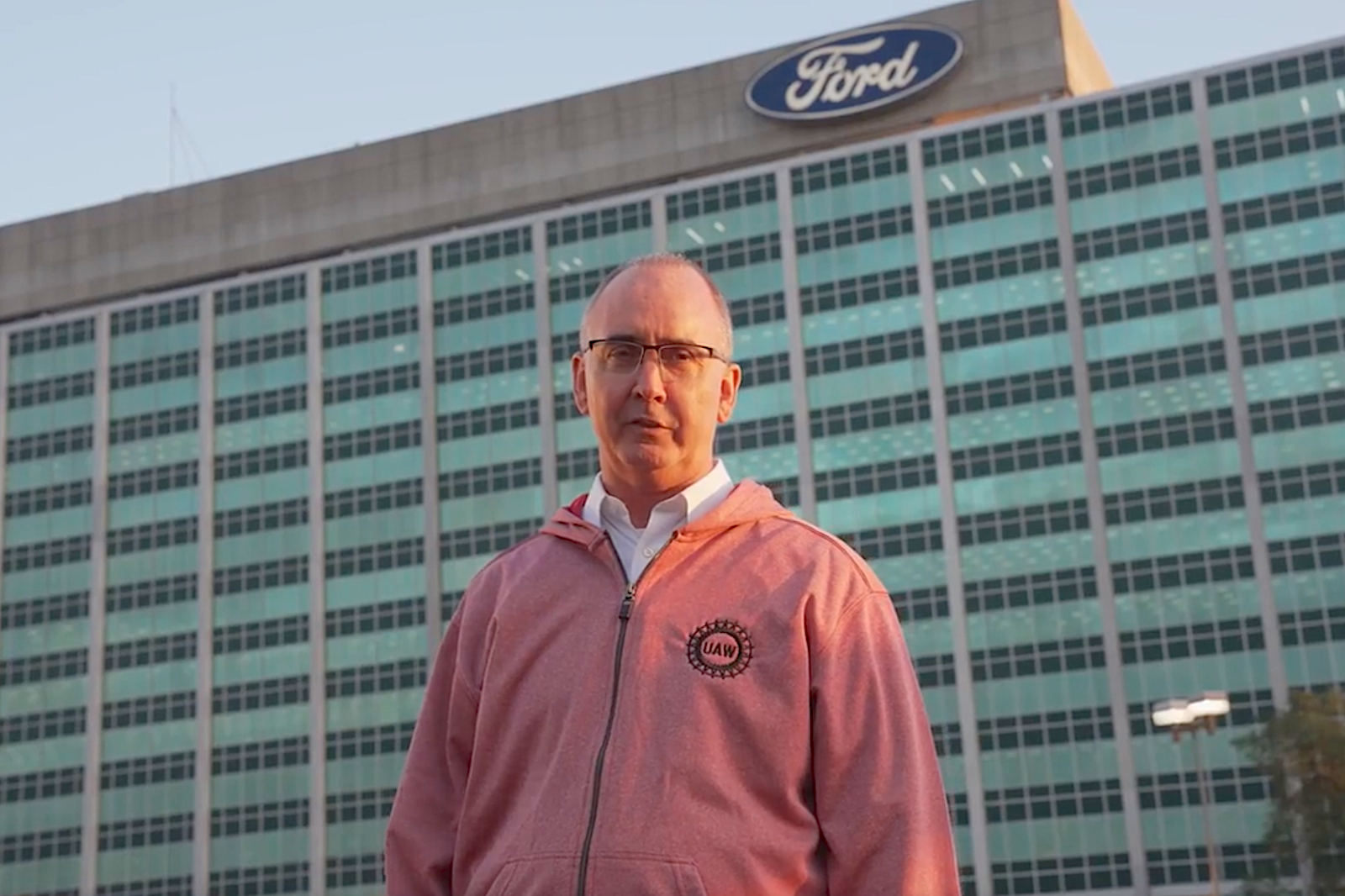
UAW President Sean Fain criticized Ford CEO Jim Farley for his comments about the recent union strikes and new labor agreement.
The Stand-Up Strike is over but far from forgotten by the United Auto Workers or the Detroit automakers.
During a conference organized by Wolfe Research, Ford CEO Jim Farley described the six-week strike last fall as a “watershed” event and with his remarks triggered a sharp retort from UAW President Shawn Fain, whose profile has grown since the contract battles.
“It was an extremely difficult moment for the company,” Farley said. “Ford had always prided itself on not having a strike since ’70, which we didn’t. Have the best relationship and we have 57,000 UAW workers far beyond the other competitors.”
Different now
“We make 100% of our trucks with UAW workers in the U.S. Our competitors do not do that. They went through bankruptcy, and they moved production, Mexico, and other places. So, it has always been a cost for us. And we always thought it was the right kind of cost,” said Farley, noting labor costs are expected to climb from $600 per vehicle to $900 per vehicle before the contract expires in 2028.
“Clearly, our relationship has changed, been a watershed moment for the company. Does that business impact? Yes,” Farley said.
“It’s materially different than our competitors.” Farley added. “And as far as Ford had a lot of waste in this industrial system. So, we do have a lot of runway to improve in manufacturing. We’re committing to that as part of the $2 billion but as we look at this EV transition and ICE lasting longer and our truck business being more profitable, we have to think carefully about our footprint,” he said.
Not buying it
Fain, not surprisingly, offered his perspective on Farley’s comments, and it wasn’t positive.
“This contract was a major victory for working families across this country, and if Ford is upset about that, that tells you a lot about the leadership of this company. Maybe Ford doesn’t need to move factories to find the cheapest labor on earth, maybe it needs to recommit to American workers and find a CEO who’s interested in the future of this country’s auto industry,” he said in a statement.
GM Chair & CEO Mary Barra had a more diplomatic answer to a similar question from Wolfe’s Rod Lache.
“We’re looking at how do we build more efficiently. We have always focused automation on areas where either you’re causing an ergonomic issue for the employee or, it’s just hard from a quality perspective to get the consistency,” Barra said.
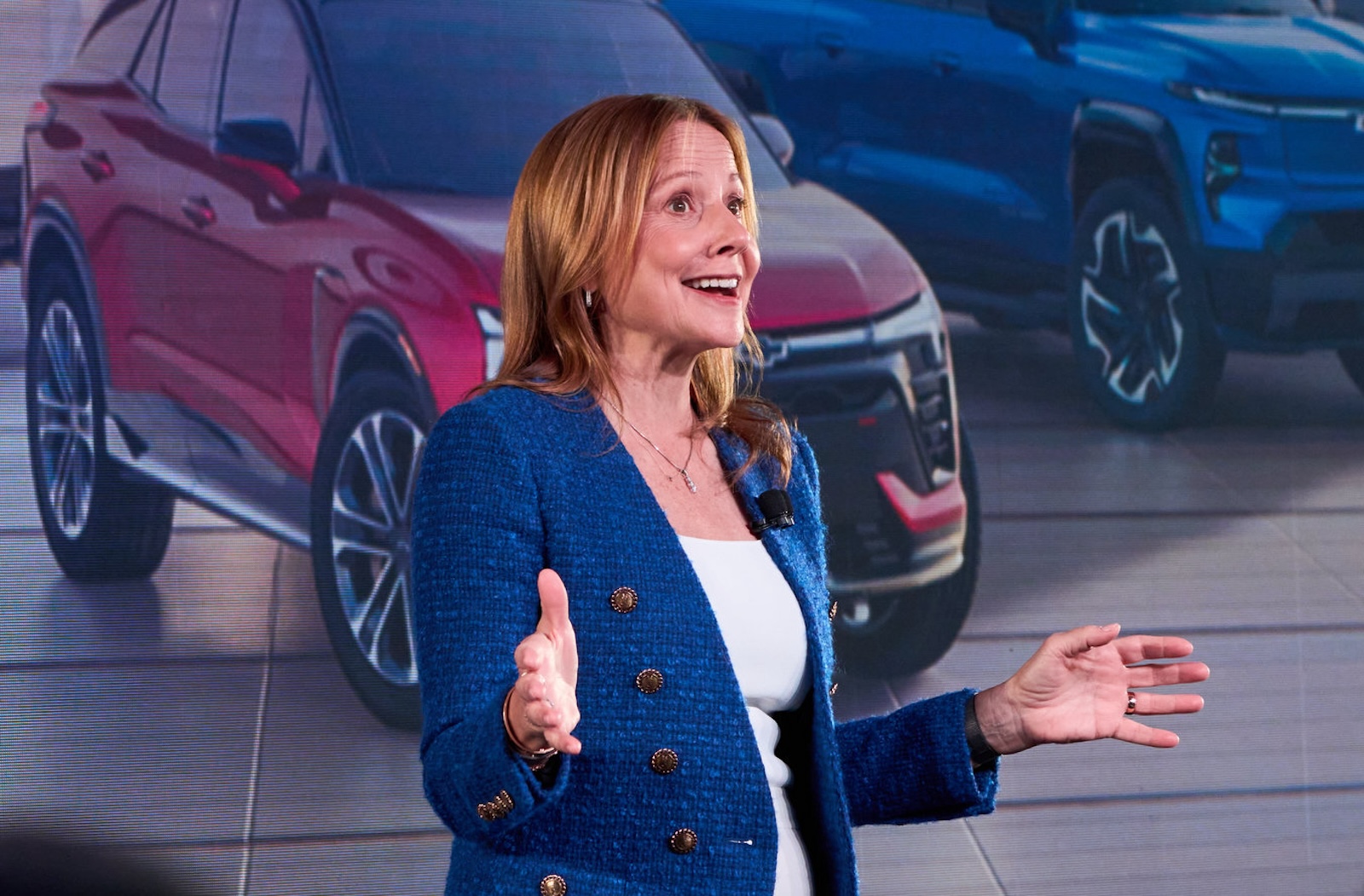
General Motors Chair and CEO Mary Barra took a more diplomatic approach to discussing the new contract with the UAW when talking with analysts.
“And there’s a lot changing, in an automation perspective, but I still think the best way to really work on managing labor costs is how you design the vehicle and whether it’s an open box,” she said.
Barra added GM has a dedicated cross-functional team to look at how to drive even more efficiency into its upcoming plans.
“It starts with how you design the vehicle,” Barra said. “I think is going to yield a lot because and you, there is not you don’t, you have less to automate. You’re just making the product easier to build, and that gives you more manufacturing efficiency. It also gives you higher quality.”
More union stories
- UAW Endorses Biden for Second Term as President
- UAW Fights Cold, History During Massive Organization Drive
- UAW’s Organizing Drive Gaining Traction at VW’s Tennessee Plant
Union charge
Meanwhile, Fain also is pushing ahead with the union’s efforts to organize non-union plants in the South and West.
The UAW says more than 50% of the production workers at the Volkswagen of America plant in Chattanooga, Tennessee want representation. Roughly 25% of the workers at the Hyundai plant in Montgomery, Alabama also have signed cards asking for union representation, according to the union.
New posts this week on the on the UAW website highlighted the pro-union activity at the Mercedes-Benz plant in Vance, Alabama.
“I can’t help but see the similarities between the bravery embodied by the Flint sit-downers all those years ago and that of the thousands of auto workers currently organizing at 13 nonunion auto companies across the country. Despite many of these organizing drives taking place in the notoriously anti-union South, workers there have made extraordinary progress,” Fain said.
Organized labor also scored another victory recently when the Michigan’s “Right to Work Law” was erased from the state’s books. “Now all members of a union can be required to pay for the cost of representation at the bargaining table,” according to Ron Bieber, president of Michigan AFL-CIO, adding the repeal will make for stronger unions and in turn a stronger economy.
“If we want to make Michigan a place where people want to come and raise a family and build their careers for the long haul, it is critical that we have these strong workplace protections,” Bieber said.

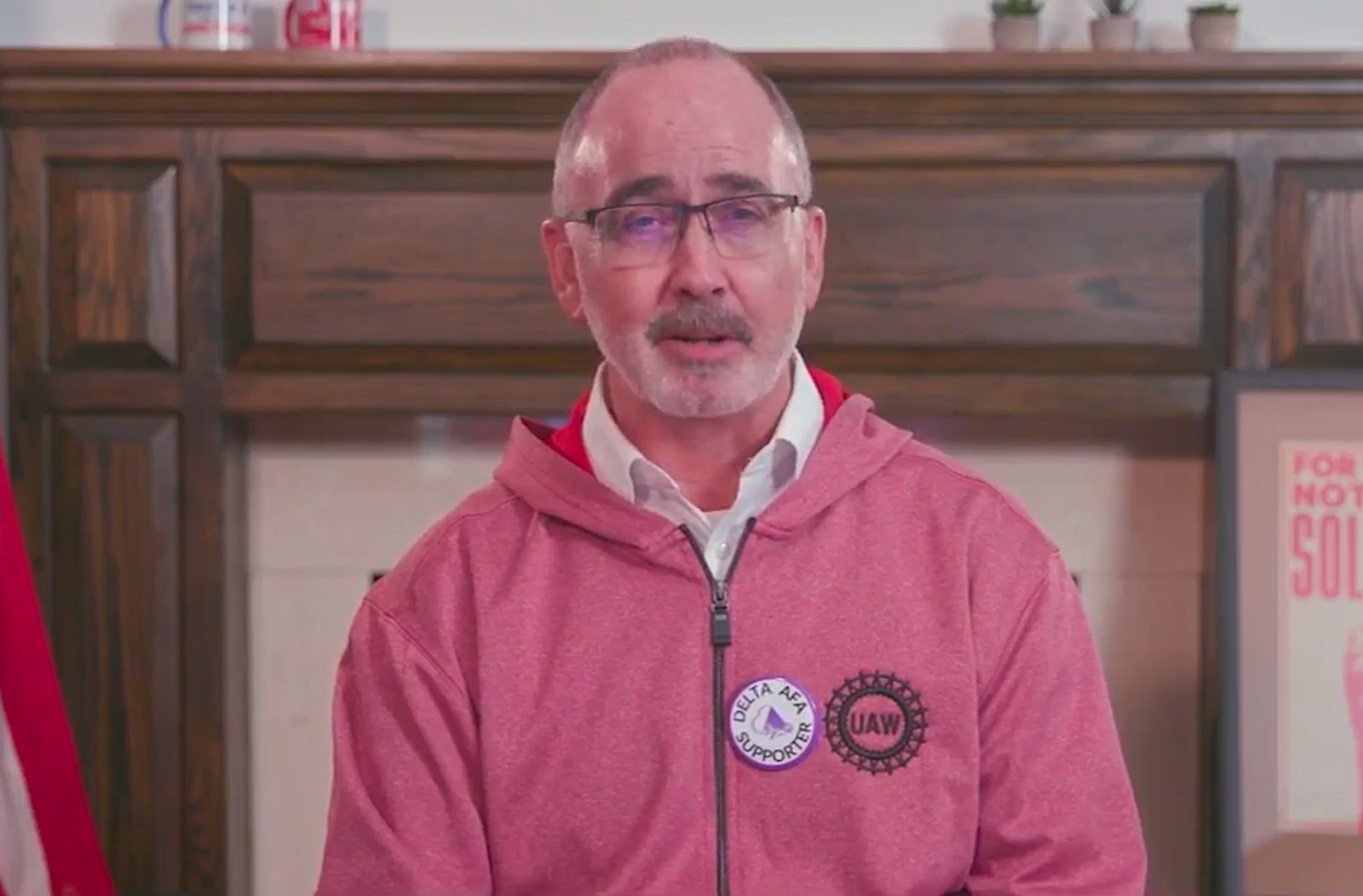
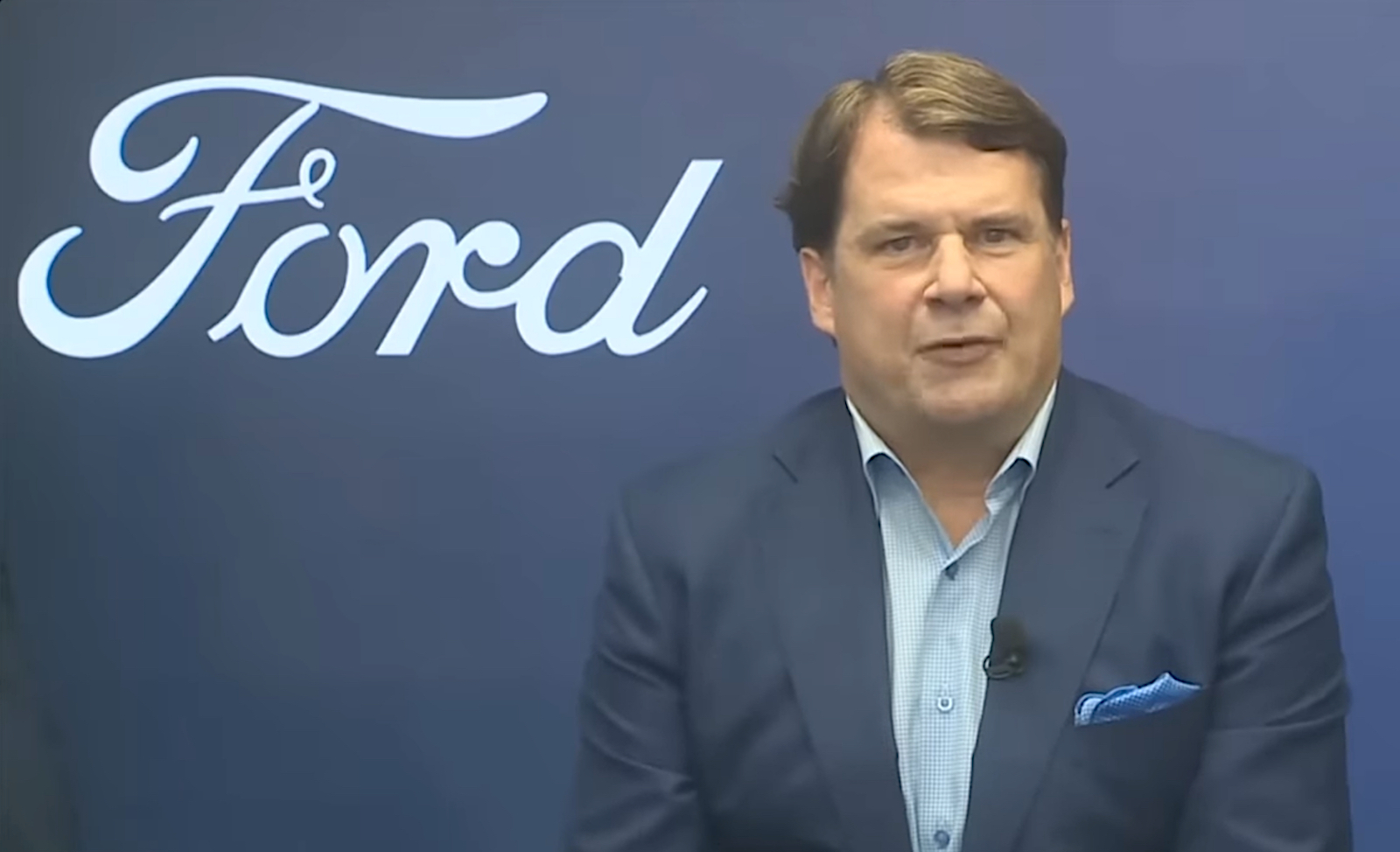
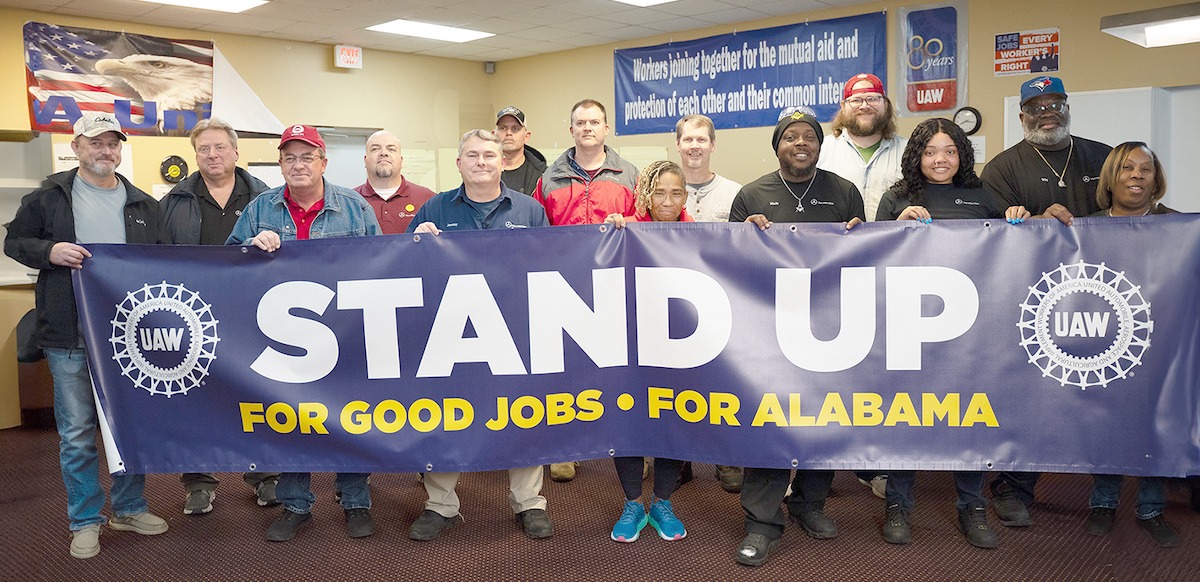


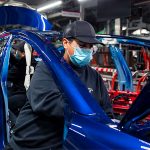
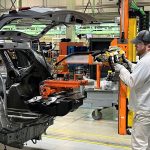
0 Comments